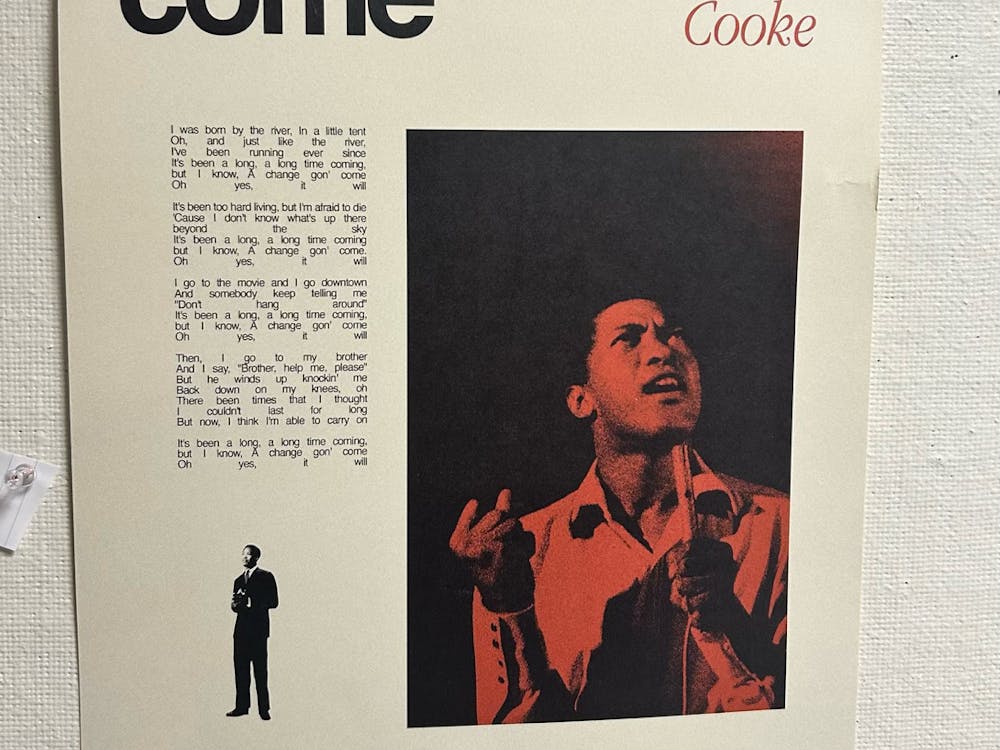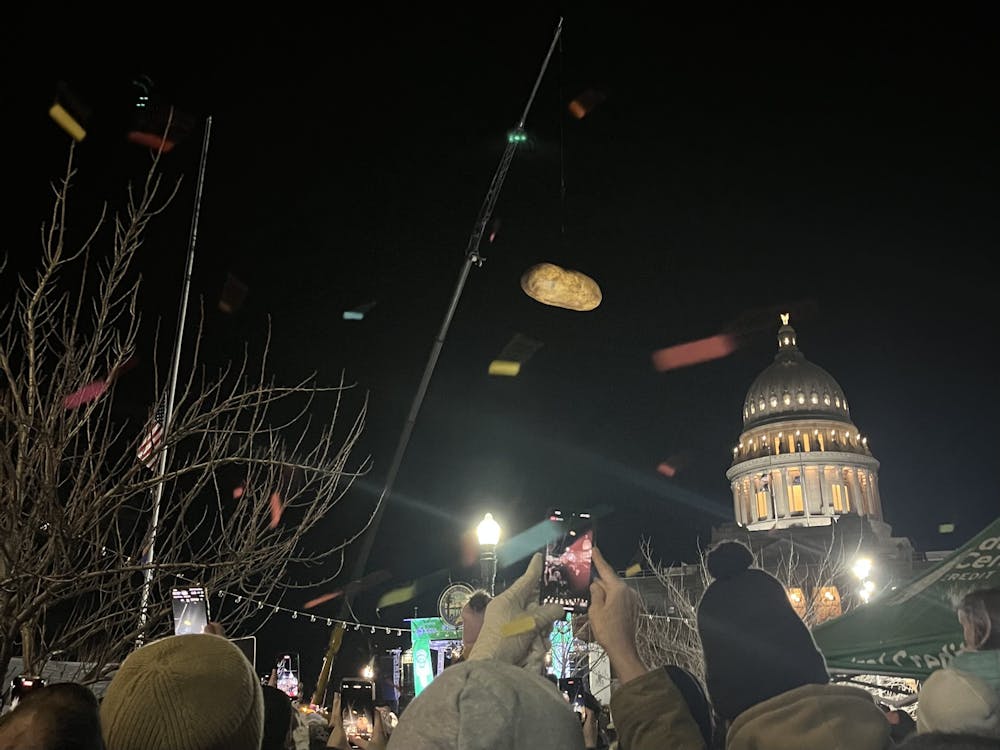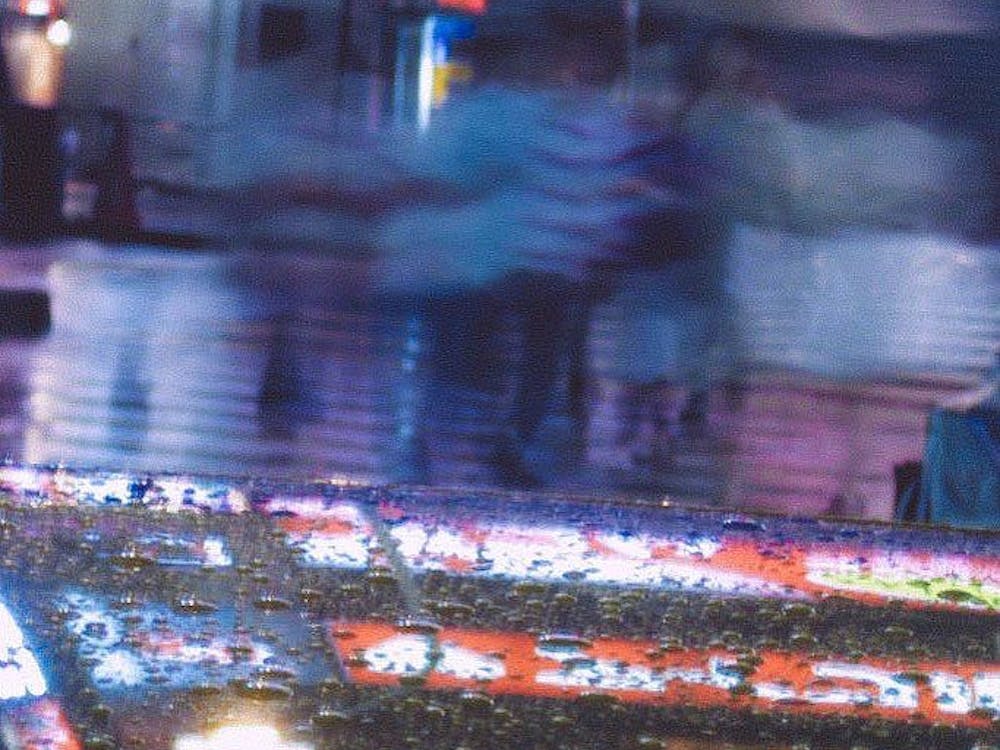Before we begin, the noun “stan” is “an extremely or excessively devoted fan” (definition from Merriam-Webster). To stan someone or something is “to exhibit fandom to an extreme or excessive degree” (Merriam-Webster again).
I would also like to note that a majority of “stan Twitter” language comes from African American Vernacular English (AAVE) and the LGBTQ community (example: the phrase “she ate”). I have tried to use terms that are not appropriated from these spaces, but if there are any, I want to acknowledge the enormous influence that Black, Hispanic and LGBTQ groups have on pop culture. This influence is often overshadowed in mainstream media by calling it “Gen Z language,” but appropriating this language takes away the meaning from real people and cultures.
Stan Twitter is one of my greatest sources of entertainment. I love the sheer over-the-topness of fandoms, the way people put so much emotion into calling their faves “my poor meow meow,” claiming that these faves “outsold” or invented the music industry. I have seen threads dedicated to a K-Pop idol’s neck muscle. We as stans (I admit I am one of them) hype up celebrities or fictional characters for the most basic things in truly the most unnecessary ways.
I don’t want to condone glorifying any human being outright, but I’ve honestly learned a little bit from how stans tweet about their faves. The lingo has invaded my mind: echoes of “HIS DUALITY!” or “she was so insane for this” play through my head. Let me list a few more examples of direct quotes from stan Twitter:
“loving [insert celebrity] isn’t just a hobby, it’s a lifestyle, a reason to breathe, an escape from this cruel world filled with thieves. it’s art, the first gift you open on xmas, a hug from a loved one, it’s everything you’ve ever wanted. it’s everything you need”
“could your fave ever? NO, your fave could never”
“[insert name] THE MAN YOU ARE TODAY”
“truly the best thing my eyes could ever see”
After years of seeing these phrases online, I started saying these things to myself about myself. At first, it just made me laugh. I am the kind of person who has an internal monologue at all times, so if I made scrambled eggs correctly, I would say something like “maybe I’m a domestic goddess” in my head. If I got a physics problem right, I would (silently) claim that I had invented physics.
This sort of self-dialogue went unnoticed for a while, but I really began to understand its effect when I studied for the Medical College Admission Test (MCAT) this past summer.
The MCAT is draining. Even as someone who has generally been comfortable with standardized tests, studying for the MCAT is a full-time job. I studied over the summer when I could have been relaxing or working as an “incoming summer analyst” (whatever that means). Instead, I read the Kaplan books page to page, memorized amino acids and went through as many practice questions as I could muster. It’s very easy to fall under the weight of the MCAT, getting less than 50% of the question banks right or comparing your practice test scores with people on Reddit. Every incorrect UWorld question made me feel less confident in my ability to do well, and that mental block made studying more difficult than it already was.
This is when I began to consciously hype myself up. Whether it was before I started a question bank or after individual flashcards, I would try to be my own fangirl and compliment myself for the little wins. It didn’t matter whether I believed it or not, at least I could say it and put that sentiment out there.
I think this kind of loud, internal self-confidence is especially helpful at Hopkins, where imposter syndrome is more common than anyone realizes. Being able to tell yourself “Could anyone else ever? No, no one else could ever” and truly believe it can help a lot if thought spirals cause you to compare yourself to others.
What is difficult about self-confidence (among other things) is that so much of it is on us as individuals to change our mindset. It’s a lot easier to feel good about yourself when there is someone else complimenting you and validating your feelings, but that isn’t really sustainable in the long run.
For me, some positive self-talk recommendations also seemed forced, but framing it as “I’m stanning myself” made it easier and a little more humorous. Even if I didn’t take the words to heart, at least saying “Could your fave ever? No, they could never” to myself made me laugh.
Now, it’s almost a reflex for me to compliment myself for the smallest things, and it makes my life a bit more fun to direct attention I might have given to a TV show or singer to myself. This glow-up advice definitely isn’t for everyone, but I think we could all benefit from being our own faves.





